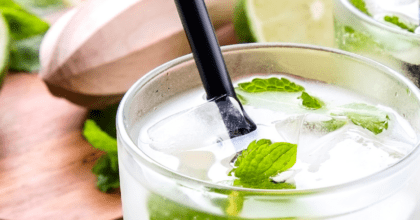Consumers sweet on HFCS disclosure, but soured by imposed limitations
Chicago (September 28, 2010) – Lately, high fructose corn syrup (HFCS) has come under fire, resulting in a proposed name change from HFCS to simply” corn sugar” . While it’s unclear what effects this possible name change will have, consumers are continually concerned about the controversial food additive. According to Mintel, 65% of consumers believe manufacturers or brands themselves should be responsible for disclosing how much HFCS a food or drink contains.
Alternatively, 57% of respondents believe it should be up to the government to force company disclosure of the amount of HFCS a food or beverage contains and 44% state retailers should mandate disclosure. A modest 16% think disclosure should not be forced at all.
“Today’s consumers are demanding greater labeling transparency across the board,”says Krista Faron, lead innovation analyst at Mintel. ” and when it comes to an ingredient as controversial as high fructose corn syrup, the majority of Americans clearly want complete information that will help them make informed purchase decisions. “
While many consumers think disclosure is important, some seem to draw the line at imposed limitations on HFCS content. Thirty-seven percent of survey respondents say no one should be responsible for imposing restrictions on how much HFCS can be in any given food or drink product. Meanwhile, 35% believe the government should limit HFCS content and 45% think it should be up to manufacturers.
“The public wants to be informed about HFCS content, while still maintaining their freedom of choice,” adds Krista Faron. “While they still may choose better-for-you options, they don’t necessarily want the government or anyone else imposing limits on what can or cannot be added to their food. “
Sixty-four percent of consumers think HFCS is okay in moderation, while 46% say they really don’t know enough about HFCS to know if it is good or bad for their health. Moreover, 35% of survey respondents avoid products that list HFCS as any ingredient.
-
Mintel StoreGet smart fast with our exclusive market research reports, delivering the latest data, innovation, trends and strategic recommendations....View reports
-
Mintel LeapMintel Leap is a revolutionary new AI-powered platform that will transform your research process....Book a demo







































